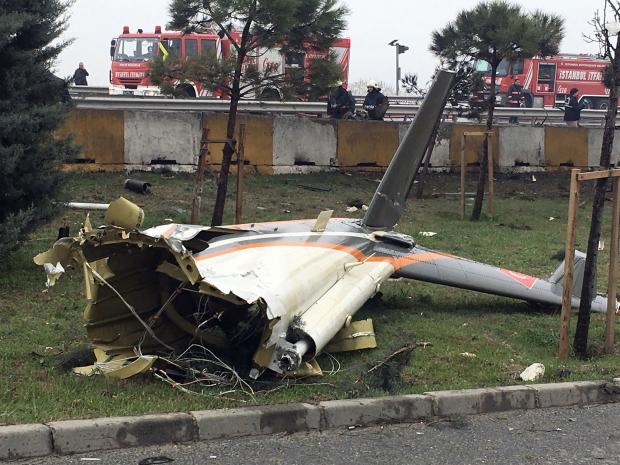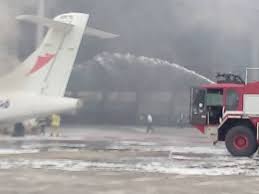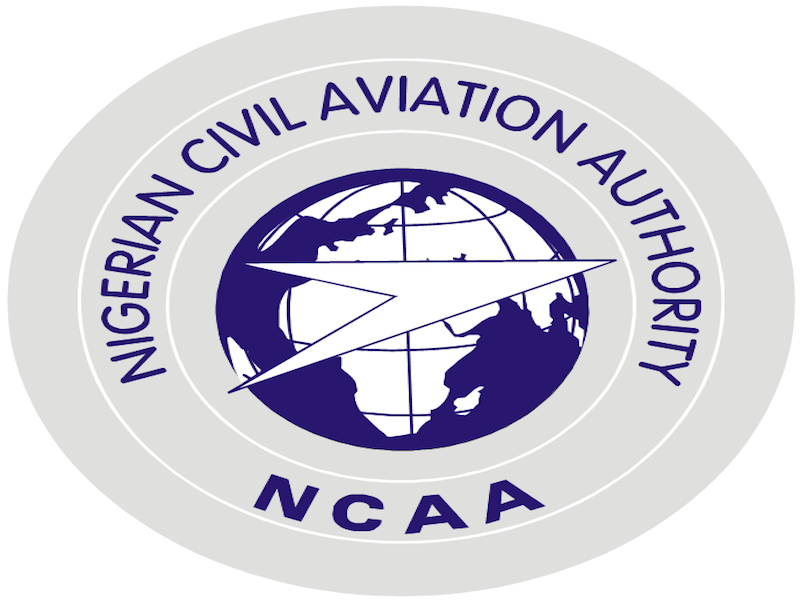Aviation Fuel Shortage Hits Nigeria, Ghana
Foreign airlines operating in Nigeria are panicking over current fuel shortage on the West African coast that may affect their operations especially as the Yuletide season beckons.
While Nigeria, which is the major market on the continent, is running short of supply to airlines, neighbouring Ghana that has lately become the aviation fuel hub for most airlines, is facing a similar challenge.
It was learnt yesterday that the development was already a major source of concern to operations, as some airlines with Nigerian passengers have begun to make a detour in Libreville, Gabon, for fuel. Aviation sources say airlines may begin to ration flights to Nigeria during the festive season, especially when there is no guarantee of getting fuel in neighbouring countries for top-up — and this could frustrate business tourism by jacking up cost of domestic and international travels.
Aviation fuel, otherwise called Jet-A1, is a specialised type of petroleum-based product used to power aircraft and normally accounts for over 30 per cent of operation cost of an airline.
In Nigeria, Jet-A1 is 100 per cent imported and subject to the vagaries of the foreign exchange market. In the last 12 months, aviation fuel has steadily climbed from N104 to N240 per litre in Lagos and as high as N270 in northern part of the country.
A foreign airline’s head of operations, who would not want to be named, told newsmen that the hope of picking fuel from Kotoka International Airport in Ghana’s capital city of Accra, despite the extra cost, was dashed last week when the Ghanaian marketer could not supply the needed quantity.
Regional Manager, North, West and Central Africa for South African Airways (SAA), Ohis Ehimiaghe, confirmed that development. But he gave the assurance that “South African Airways is here to stay in Nigeria.”
Executive Secretary of Major Oil Marketers Association of Nigeria (MOMAN), Obafemi Olawole, said that the shortage could be blamed on difficulty in sourcing foreign exchange, often not available to importers at the interbank market rate.
Olawole said that its members were doing their best to make the product available in Nigeria, but did not have inadequate support from key government agencies.





